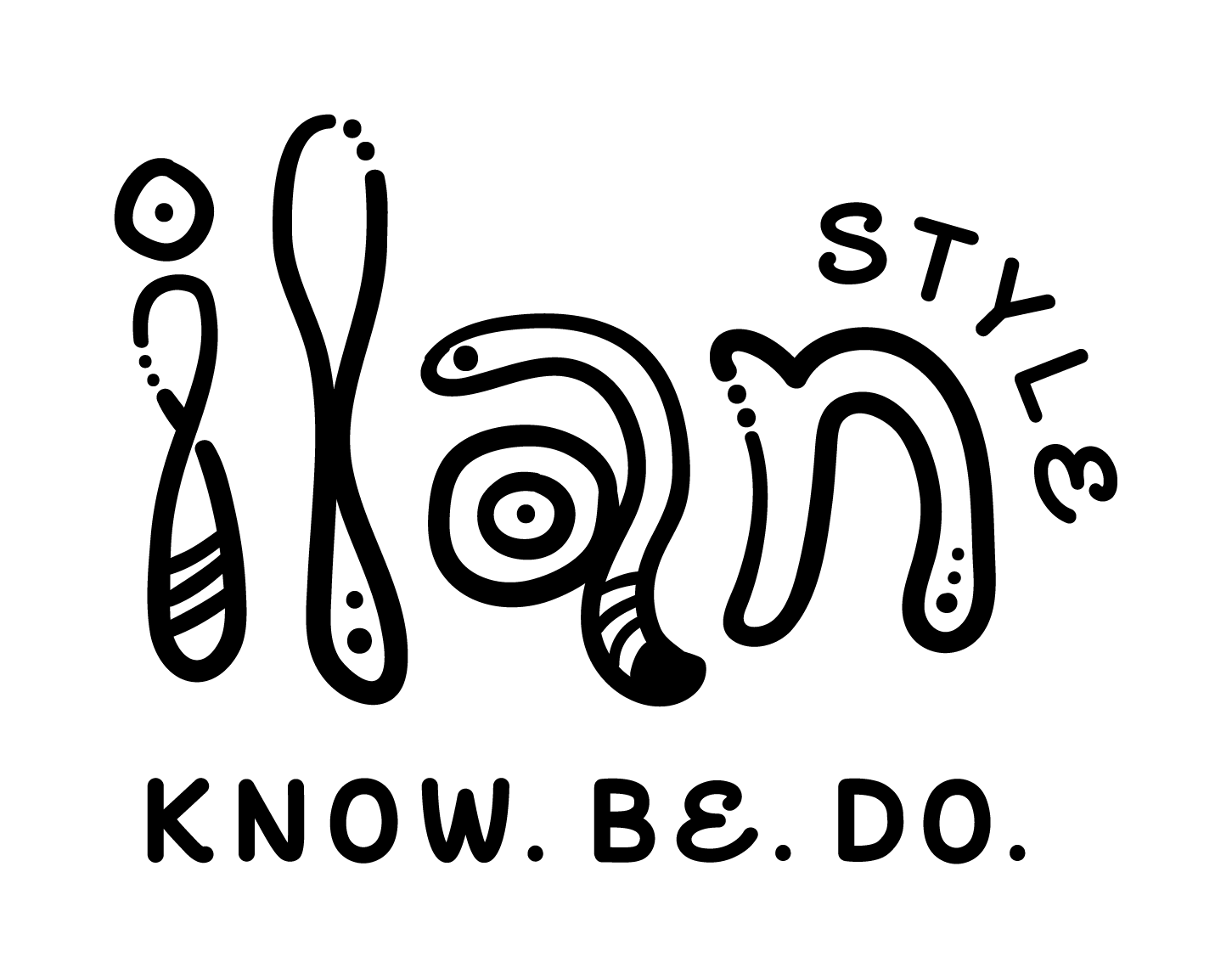Discover the significance of National Reconciliation Week and ways to celebrate and promote reconciliation in your community.
Understanding National Reconciliation Week
National Reconciliation Week is a significant event in Australia that aims to promote reconciliation between Aboriginal and Torres Strait Islander peoples and non-First Peoples Australians.
It is observed annually from May 27th to June 3rd, with the dates marking important milestones: the successful 1967 Referendum that recognised Aboriginal and Torres Strait Islander peoples in the national census, Torres Strait Islander Flag Day, and the historic Mabo decision in 1992 that recognised Native Title rights.
During this week, it is an opportunity for individuals, communities, and organisations to learn about the history, culture, and achievements of Aboriginal and Torres Strait Islander peoples, as well as reflect on the ongoing journey towards reconciliation.
Importance of Reconciliation
Reconciliation plays a crucial role in building understanding, respect, and equality between Aboriginal and Torres Strait Islander peoples and non-First Peoples Australians.
By acknowledging the injustices and atrocities of the past and working towards healing and unity, reconciliation helps to create a more inclusive and harmonious society.
It is an essential step towards addressing the disparities in health, education, and social outcomes experienced by Aboriginal and Torres Strait Islander peoples, and ensuring First Peoples cultures and rights are respected and celebrated.
Ways to Celebrate National Reconciliation Week
There are various ways to celebrate National Reconciliation Week and show your support for reconciliation:
- Attend local events and activities organised by Aboriginal and Torres Strait Islander communities, such as cultural performances, art exhibitions, and storytelling sessions - we will be at the Mullum National Reconciliation Week Market and the St Kilda Esplanade Mabo Day Market during this week if you would like to come along!
- Learn about the history, culture, and contributions of Aboriginal and Torres Strait Islander peoples through books, documentaries, and online resources.
- Engage in conversations about reconciliation with friends, family, and colleagues to raise awareness and promote understanding.
- Acknowledge and respect the Traditional Owners of the land by conducting an Acknowledgement of Country at the beginning of events or gatherings.
- Support Aboriginal and Torres Strait Islander businesses, artists, and organisations by purchasing their products or attending their events.
By actively participating in these activities, you can contribute to the reconciliation process and foster a more inclusive and equitable society.
Promoting Reconciliation in Your Community
Promoting reconciliation in your community doesn’t end this week, it is an ongoing effort that requires collective action and commitment. Here are some ways you can contribute:- Educate yourself and others about the history, culture, and rights of Aboriginal and Torres Strait Islander peoples.
- Advocate for policies and initiatives that address the needs and aspirations of Aboriginal and Torres Strait Islander communities.
- Support local reconciliation groups or organisations that work towards promoting understanding and equality.
- Engage in respectful and inclusive conversations about reconciliation with people from diverse backgrounds.
- Foster cultural exchange and collaboration by participating in events and activities that promote the sharing of knowledge and traditions.
By actively promoting reconciliation in your community, you can help create a more inclusive and harmonious society where everyone's rights and cultures are respected.
Impact of Reconciliation on Society
Reconciliation has a profound impact on society, fostering social cohesion, understanding, and equality.By acknowledging and addressing the historical injustices faced by Aboriginal and Torres Strait Islander peoples, reconciliation helps to heal past wounds and build stronger relationships between First Peoples and non-First Peoples Australians.
It also contributes to Closing the Gap in health, education, and employment outcomes, as well as ensuring the preservation and celebration of Aboriginal and Torres Strait Islander cultures and languages.
Ultimately, reconciliation is essential for creating a just and equitable society where everyone can thrive and contribute.




